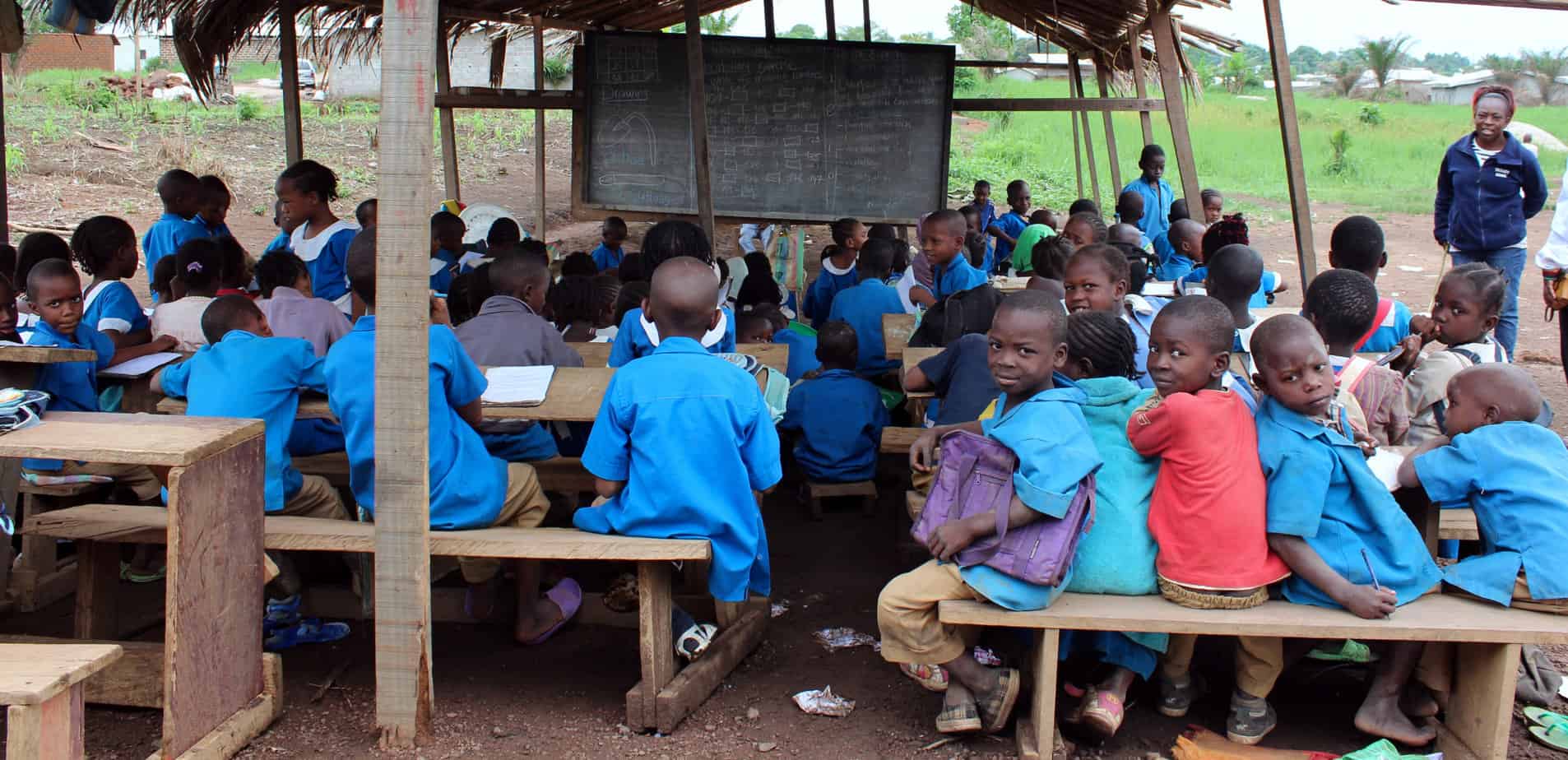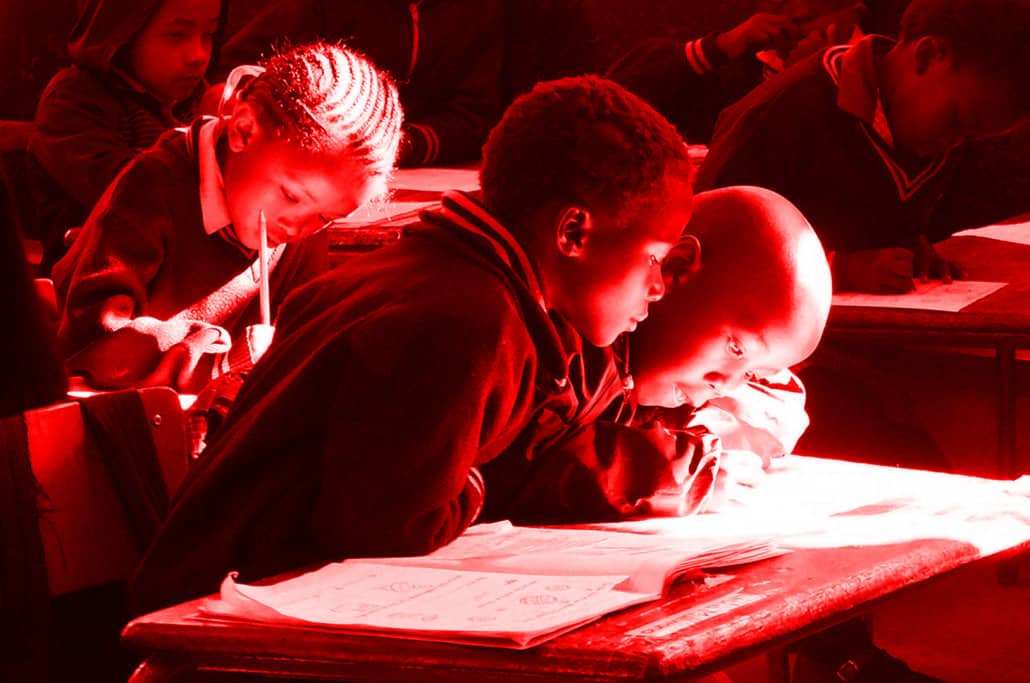By Mzwandile Banjathwa – CW Voices
Just under 10-million public school learners in South Africa are enrolled on the National Schools Nutrition Programme (NSNP). For many, the meals they get at school are the only ones for the day.
But greed and corruption are just some of the ills that hinder the smooth running of the programme – because there are some who do not hesitate to steal from hungry children. Consequently, the constitutional rights of millions of children from poor families are abused, with little or no accountability on the part of the many culprits.
Launched in 1994 as a way of addressing the urgent need to provide healthy nutritious meals as part of learners’ schooling programme, the NSNP now feeds more than 9.6-million learners in 21 000 schools. It is funded through the NSNP conditional grant that is transferred to provincial departments on an annual basis.
Out of the R8.5-billion budgeted for this purpose for the 2022/23 financial year, the allocation for the procurement of foodstuffs accounts for 95.3%, while cooking facilities and equipment will get 0.7 % and administration costs 3% of the expected spending. These numbers should indicate success in the implementation of the programme, particularly since funding and support is also supplemented through the facilitation of the private sector and NGOs. In addition, the range of stakeholders in the day-to-day running of the programme ensure that healthy meals reach deserving learners, at times under trying circumstances.
Shameless theft
At a micro level though, more still needs to be done to ensure the safeguarding of food meant for the programme, if corruption reports received by Corruption Watch (CW) over the years are anything to go by. Allegations range from large-scale theft of food to theft of utensils and other equipment used in the preparation of meals. These happen either at schools or at facilities allocated for food preparation and storage.
CW’s 2022 sectoral report, Sound the Alarm, notes almost 4 000 whistle-blower reports that detail corruption incidents in the education sector in general. A percentage of these have to do with the NSNP, implicating everyone from teachers, principals, administrators, and food handlers in alleged corruption including theft and misappropriation of school resources.
In the Western Cape, reports emerged of canned food specifically packed for use in the NSNP being sold in spaza shops. Despite the packaging being clearly marked as property of the programme and not for resale, shop owners brazenly participate in underhanded schemes that pillage food resources stolen from the schools. In another case, a deputy principal from a school in Hammanskraal, Tshwane, was dismissed after being found guilty of theft of milk from her school’s NSNP resources and feeding it to her puppies. She, along with other staff members, stole a total of 300 litres of milk, 204 fish packs, 40kg of rice, 200kg of maize, and an unknown quantity of beans.
This brazen theft and disregard for beneficiaries who are from disadvantaged and indigent families are some of the issues the programme is constantly consumed with. It is safe to assume that many other such cases go unreported – so there is no accountability.

Protection of children’s rights a universal responsibility
CW reported in 2013 on the consequences of poor monitoring of the NSNP’s implementation by provincial departments. What is becoming undeniably clear, however, is the glaring violation of the children’s right to basic nutrition as entrenched in Section 28 of the Constitution’s Bill of Rights.
It is therefore crucial for the Department of Basic Education to improve and build proper storage facilities and impose strict monitoring controls at the school and district levels to ensure that no food goes unaccounted for. The department must also look at dedicating more efforts to the training of volunteer food handlers so as to improve the food safety standards in the NSNP.
Having said that, the proper monitoring and oversight of the NSNP is an inclusive responsibility.
The norms and standards for the programme may be the responsibility of the DBE, but the protection of its human rights aspect is for all.
No parent of a quintile one, two, or three school learner should be ignorant of the conditions of the school’s feeding scheme, just as no community member should stand back and remain silent when the very food meant for learners is sold at their local shop.


Leave a Reply Cancel reply